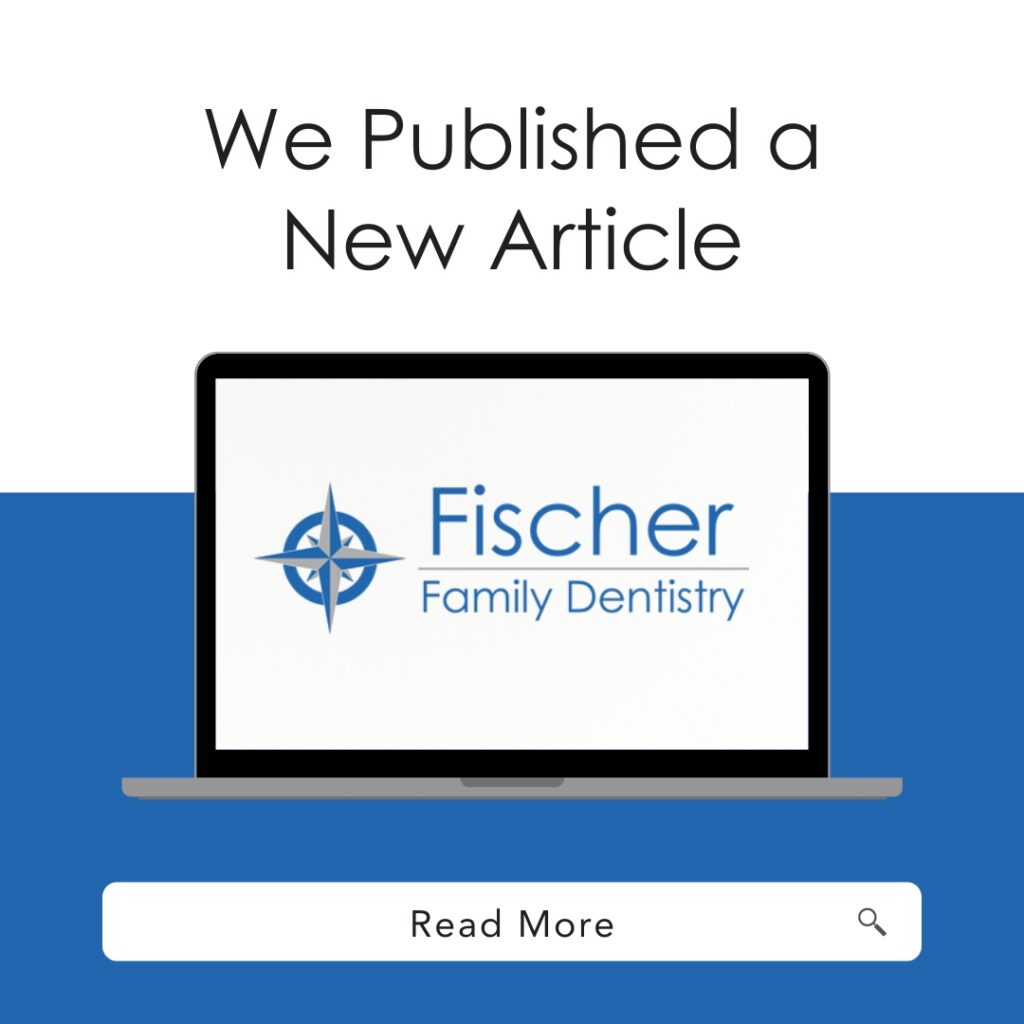
If you’re dedicated to maintaining good oral hygiene, chances are you brush your teeth at least twice a day, maybe even after every meal. After all, regular brushing helps remove plaque and prevent tooth decay. But have you ever wondered, “Can you brush too much?” Surprisingly, the answer is yes! While brushing is essential, it’s possible to overdo it, which can harm your teeth and gums.
Overbrushing refers not only to how often you brush but also how you brush. Brushing too aggressively or too frequently can lead to issues such as dental abrasion, tooth sensitivity, and gum recession.
What Is Dental Abrasion?
Dental abrasion occurs when excessive or forceful brushing wears down the enamel on your teeth. Over time, this can expose the softer dentin and cementum beneath the enamel, leading to visible damage. You might notice shiny, discolored spots near the gum line or even V-shaped indentations where the tooth meets the gum. These are classic signs of overbrushing.
Tooth Sensitivity
When enamel is worn away, the underlying dentin becomes exposed, which can make your teeth more sensitive to hot, cold, sweet, or sour foods and drinks. This sensitivity may also occur during brushing, causing discomfort or pain.
Gum Recession
Brushing too hard or too often can also cause your gums to recede, exposing the tooth’s root. This exposed area is more vulnerable to decay and may lead to further sensitivity and pain.
How To Protect Your Teeth After Overbrushing
If you’ve already experienced dental abrasion or gum recession, don’t worry. There are treatments available to protect your teeth and gums. Your dentist in Muskegon may recommend applying fluoride varnish to strengthen the enamel, using tooth-colored fillings to cover worn areas, or even placing a veneer over damaged teeth. In severe cases, gum grafting might be necessary to restore receded gum tissue.
Preventing Overbrushing
Preventing overbrushing is as simple as using the right tools and techniques. Follow these steps to keep your teeth clean and healthy without causing harm:
- Choose a soft-bristled toothbrush: While firm bristles might seem more effective, they can actually contribute to enamel erosion and gum recession.
- Use non-abrasive toothpaste: Some toothpaste contains harsh agents that speed up enamel wear. Opt for a toothpaste that includes fluoride to help strengthen your teeth.
- Brush gently: If your toothbrush bristles flatten out quickly, you may be brushing too hard. Hold your brush at a 45-degree angle to your gum line and use gentle, circular motions.
- Wait after eating: Brushing right after consuming acidic foods or drinks, like soda or citrus, can further damage enamel. Wait at least an hour before brushing to give your enamel time to recover.
- Check your habits: Other behaviors, like using your teeth to open bottles or biting your nails, can also lead to dental abrasion. Be mindful of any habits that could be harming your teeth.
By using the proper brushing technique and taking care of your enamel, you can maintain a healthy smile without overdoing it. For personalized advice or to address any concerns about overbrushing, contact Fischer Family Dentistry of Norton Shores today to schedule an appointment with your trusted dentist in Muskegon!


